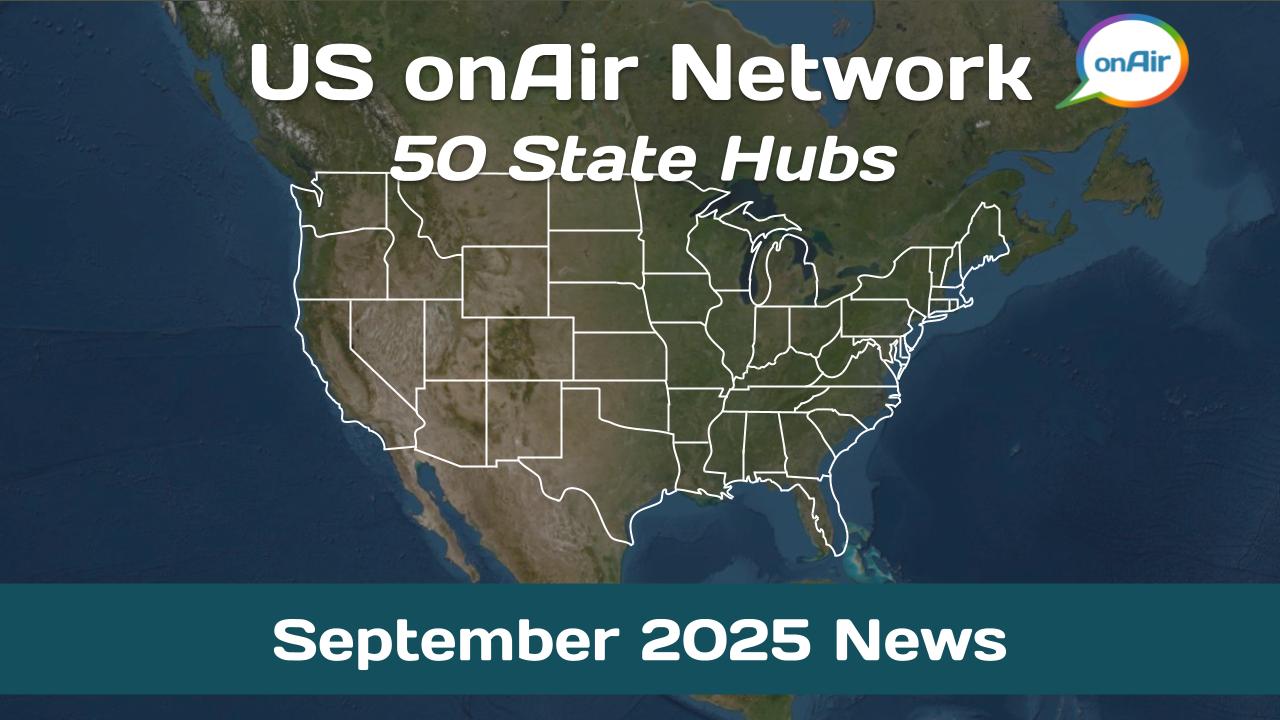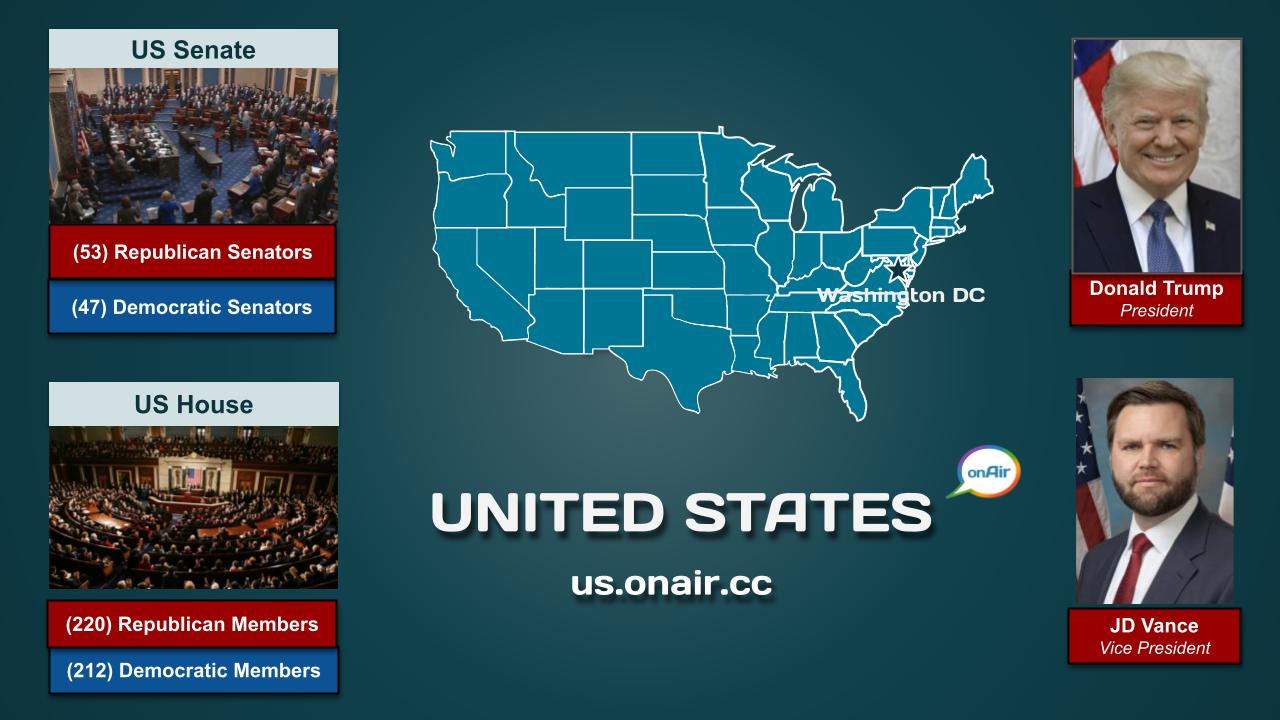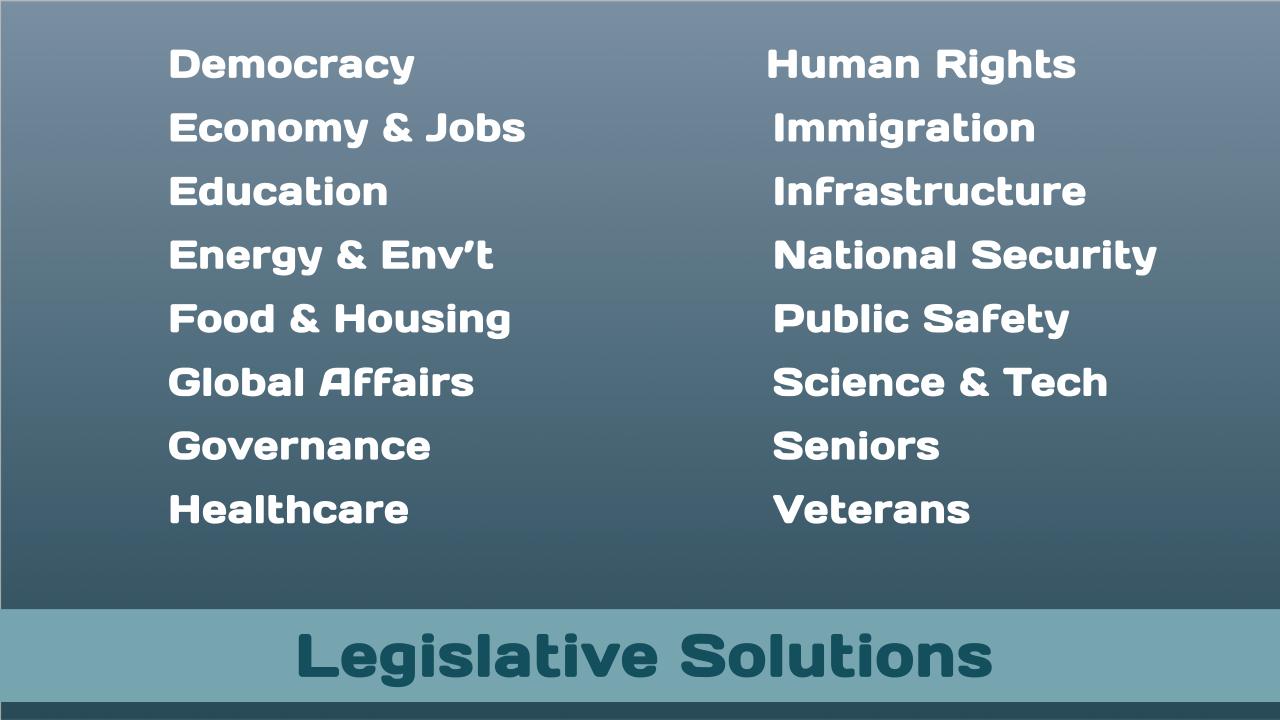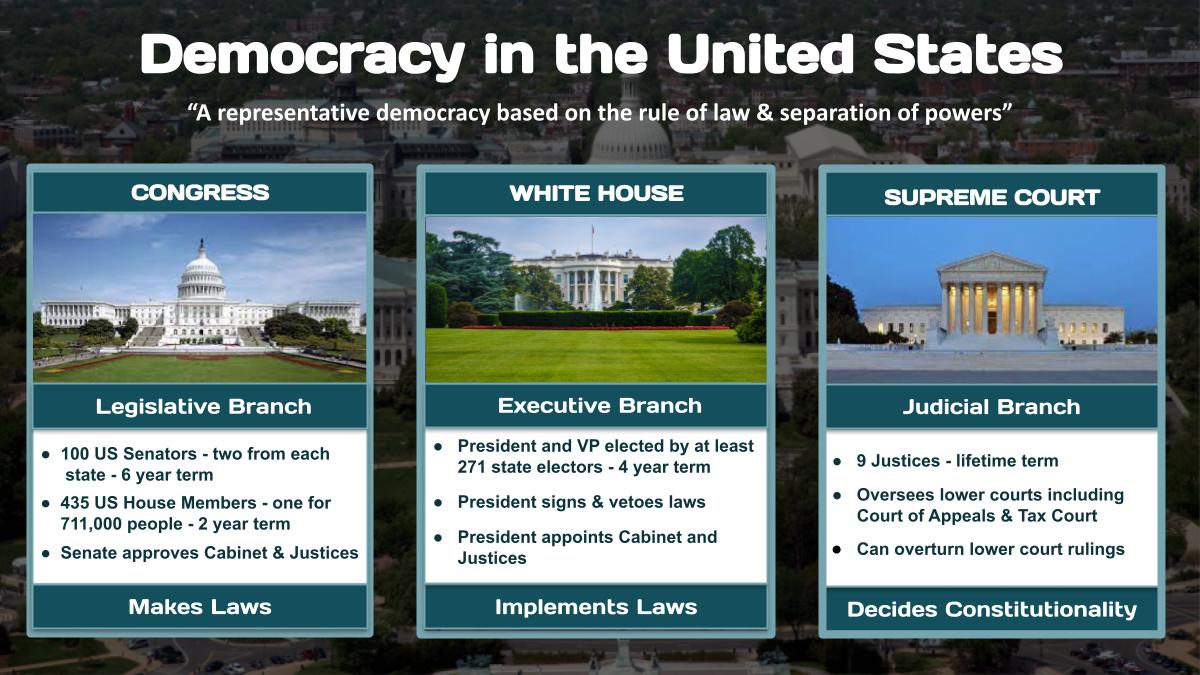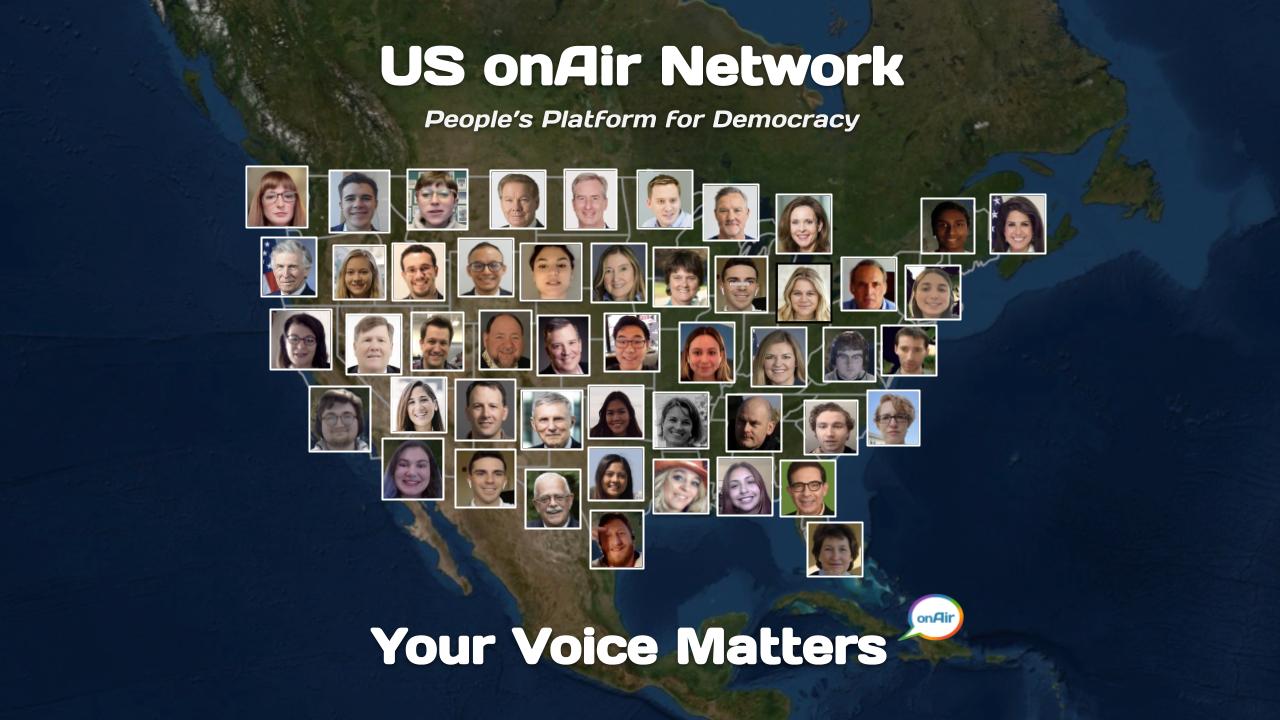News
The way out of this winner-take-all dilemma – multi-seat districts with Proportional Ranked Choice Voting
“A house divided against itself cannot stand,” said Abraham Lincoln, as the nation stood on the brink of civil war over the founders’ original sin. Honest Abe’s keen observation still applies today.
The most beneficial arrangement for the Democrats and racial minorities would be for the electoral system to evolve from the current single-seat, winner-take-all blueprint to a multi-seat system elected by Proportional Ranked Choice Voting (PRCV). With proportional voting, parties win seats in proportion to their vote share — in a five-seat district, a party winning 40 percent of the vote wins two seats instead of nothing, and a party with 60 percent of the vote wins three seats instead of everything.
That would allow racial minorities, as well as other minority constituencies, to win their fair share of representation without gerrymandering any districts, and without hurting the electoral chances of other Democratic Party candidates. In the South, such a plan would elect more black and white Democrats, as well as some black and moderate Republicans, instead of today’s Southern gallery of nearly all white, right-wing MAGA Republicans. You would no longer need party primaries, where the most extreme candidates get nominated in low turnout elections by the party’s most extreme voters. Under a PRCV plan, representatives in the South would reflect the actual demographics of the diverse southern electorate, instead of the MAGA white Congress members that have the largest plurality and dominate there today.
The Future, Now and Then, – September 5, 2025
I guess I would call myself “Abundance-curious.”
There is a version of the Abundance agenda that I quite vocally agree with. My interpretation of Ezra Klein and Derek Thompson’s central argument was something along these lines:
The term is rapidly becoming an empty signifier, though. Tesla’s new master plan boasts of “sustainable abundance.” The Silicon Valley variant of the abundance agenda is just warmed-over techno-optimism — less “let’s rebuild the administrative state and make government work again!” and more “the government should hand big sacks of money to tech startups and exempt them from taxes and regulations. Let our genius builders build!”
The Abundance 2025 conference is happening in DC this week, and the speakers range from pro-housing YIMBYs to a guy arguing for “deportation abundance.”
Yikes.
Notes from the Circus, – September 1, 2025
This isn’t just a political failure. It’s an epistemological crisis that reveals something fundamental about how the technocratic liberal establishment understands reality itself. They’ve become trapped in what I call “the analytical frame”—a mode of thinking that treats complex social and political realities as problems to be solved through expert analysis rather than ongoing tensions to be navigated through democratic engagement.
I’m aware of the paradox here—using analytical tools to critique analytical overreach. But the problem isn’t analysis itself; it’s analysis that forgets its own contingency, that mistakes provisional frameworks for final truth, that treats temporary models as permanent descriptions of reality.
The analytical frame worked reasonably well during periods of relative stability, when complexity remained within the boundaries of existing models and institutions. But it becomes actively counterproductive when complexity explodes beyond those boundaries—which is exactly what’s happening in our current moment of technological acceleration, epistemic collapse, and democratic breakdown. The experts keep trying to choreograph a dance that requires improvisation.

